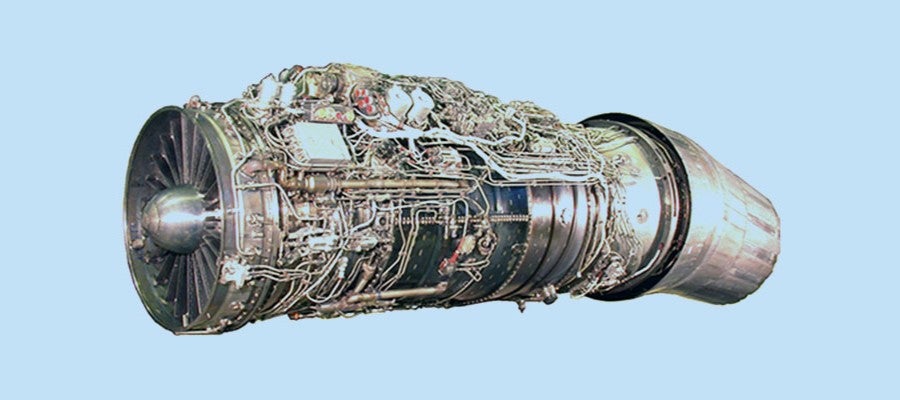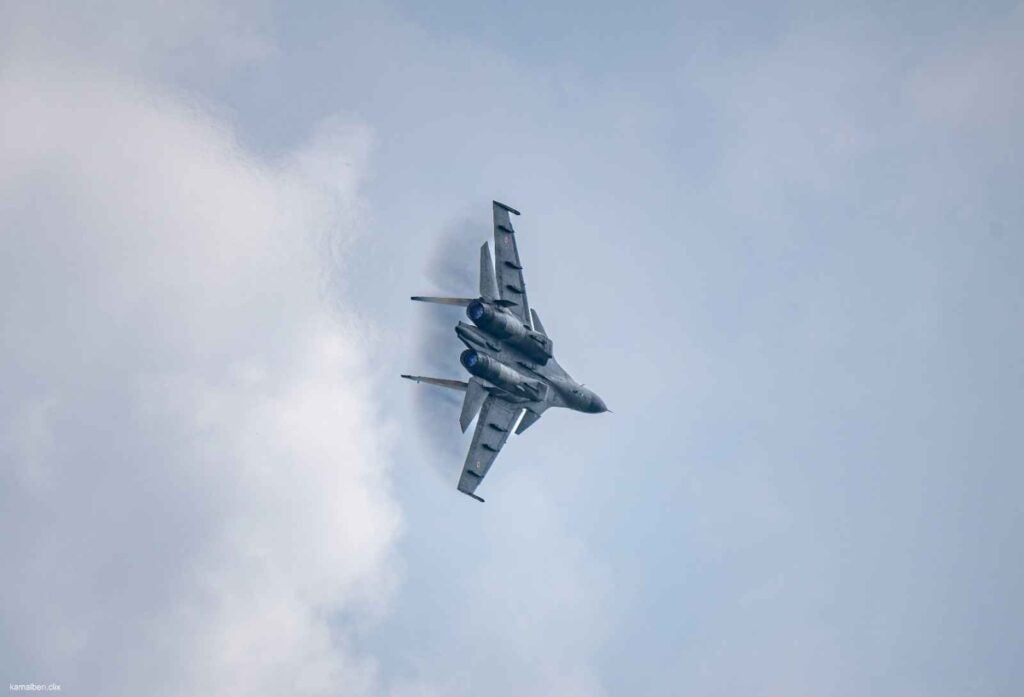India Signs Contract to Locally Build 240 AL-31FP Jet Engines for $3.1 Billion
The Indian Ministry of Defence signed a contract with Hindustan Aeronautics Limited (HAL) for 240 AL-31FP aero engines for its SU-30 MKI aircraft on September 09, 2024. The deal was cleared by the Cabinet Committee on Security (CCS) on September 02, 2024. The deal signed at the cost of ₹26,000 crore ($3.1 billion) will help the Indian Air Force in upkeeping and sustaining its fleet of 259 SU-30 MKI jet aircraft. Hindustan Aeronautics will build the aero engines at its Koraput division at a rate of 30 engines per year to deliver all 240 engines in a period of eight years.

The $3.1 billion contract will involve several Indian MSMEs from the private and public sectors, which would help improve the repair and overhaul ecosystem for AL-31FP engines in India. Hindustan Aeronautics plans to improve the indigenisation content to up to 63% by the end of the contract with an average of over 54%. This is crucial as the supply of spares for Indian Air Forces’ Russian aircraft has been affected due to the Russia-Ukraine war. The Defence Acquisition Council (DAC) accorded AoN for the procurement of 12 additional SU-30 MKI and related equipment at an estimated cost of ₹11,500 crore ($1.37 billion) on September 15, 2023.

The DAC also accorded the AoN for the upgradation of 84-90 SU-30 MKI aircraft to be done indigenously by HAL. India was previously going to partner up with Russia for the ‘Super Sukhoi’ upgrade aimed at improving the capabilities of the aircraft. The new upgrade will be carried out in two phases with the first phase focusing on new radar and avionics with enhancement to the flight control system in the second phase. The upgrade will include the integration of a new electronic warfare suite, Galium Nitride Advanced Self-Protection Jammer (ASPJ), Virupaksha AESA radar, and integration of new weapons under development by DRDO.
HAL is also looking at providing spares and maintenance assistance to other international users of SU-30 aircraft like Armenia and Malaysia, which are affected by a similar supply chain issue due to the Russia-Ukraine war.

